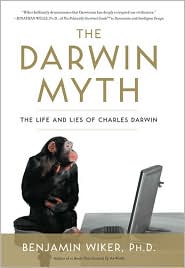Epigenetic Inheritance: Can Evolution Adapt?
Given how routinely evolution fails to explain biology, it is remarkable that scientists still believe in the nineteenth century idea. One of the many problem areas is adaptation. Evolution holds that populations adapt to environmental pressures via the natural selection of blind variations. If more fur is needed, and some individuals accidentally are endowed with mutations that confer a thicker coat of fur, then those individuals will have greater survival and reproduction rates. The thicker fur mutation will then become common in the population. This is the evolutionary notion of change. It is not what we find in biology. Under the hood, biology reveals far more complex and intelligent mechanisms for change, collectively referred to as epigenetic inheritance. You can Read More ›








































